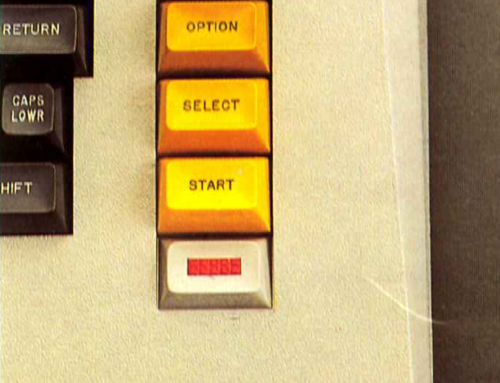I suspect anybody with even a modicum of self-awareness has probably noticed that we generally can’t stay aware all of the time. Simply put, our minds wander. If you sit in meditation, you see how frequently our minds wander—here we are, paying attention to our in-breath, paying attention to our out-breath, feeling the warmth of the sun on our skin, wondering if we should put on sunscreen, remembering that time we got burnt really badly as a kid, realizing we haven’t called our own kids in a few days, composing the text we’re about to write…
While it’s more apparent in meditation, this happens in “regular” life too. We’re in the middle of a conversation, paying attention to what the other person is talking about, when they suddenly use a turn of phrase that triggers a memory from our past and then… we’re gone. We’re nodding as if we’re still listening, but in actuality our brains are on temporary hiatus from what’s going on around us in this moment. It’s like a magic trick gone horribly awry: now you see it, now you don’t.
Sylvia Boorstein, who’s a co-founding teacher at Spirit Rock Meditation Center in California, once likened it to losing our keys. We know we just had them, we know they’re around here somewhere, we just can’t seem to find them right now.
Put a bell on it
I was discussing this phenomenon with a girlfriend of mine last week, explaining how much healthier I feel, mentally and emotionally, when I can remain aware from minute to minute. I only start floundering when I lose that awareness—which prompted her recommendation to “put a bell on it.” How great would that be?? My capacity to stay present has wandered off, but if I listen really carefully, I can hear it jingling from the kitchen!
Of course, until I manage to perfect that invention, I’ve looked for other strategies that can help me remain in my seat of consciousness. Michael Singer, a Buddhist teacher and author, offered one suggestion that is so deceptively simple it makes me laugh every time I think of it. He says the trick to not closing is to always stay open. Seriously, I find this hysterical. To remain always aware, all we need to do is remain always aware.
I know it sounds almost like a joke, but if you treat it as a real instruction, you begin to unpack its brilliance. My cousin Debbie shared an analogy with me on this point that’s particularly salient. She was talking about the never-ending challenge to keep her house tidy. Shortly after doing a big clean-up, she would be diligently religious about putting all her things away and not letting stuff stack up. But a few days would pass, or a week, and she’d start getting lazy. A few items from the store would be left at the doorway. A few coats would be draped over a chair instead of hung in the closet. A few things that belonged upstairs would pile up on the downstairs sofa. And before you know it, the house is a mess again.
“After years of this cycle,” she told me, “I’ve discovered that the best way to prevent the house from becoming a mess is to tidy up every day.”
Keeping things tidy
This isn’t a startling revelation. We all know that if we put in small amounts of effort on a daily basis, it can save us massive amounts of effort down the road. But there’s a gulf between knowing and doing. Because, let’s face it: daily effort takes discipline. It requires us to be diligent, always-on, attentive. It asks us to form a new habit.
I admit I don’t always like the daily work of keeping my mind tidy. Sometimes it’s difficult to pacify my racing thoughts and take a step away from them. Sometimes I struggle to stay present inside an uncomfortable situation. Sometimes I plain old get distracted and forget, and the next thing I know, I’m waking up to my surroundings—hours, or days, or even weeks later—and I have no clear recollection where “I’ve” been in the interim.
Like my cousin Debbie, after years of this cycle, I’ve discovered that the best way to prevent my mind from becoming a mess is to tidy up every day. To remain always aware, all we need to do is remain always aware. To stay open, you simply don’t close.
Or, y’know, when you forget, and things pile up, and you’ve shut down yet again, you start all over. Because, human here! Sometimes we need to lose our keys several times before we make a pact with ourselves to pay attention to where we’re putting them.





Leave A Comment